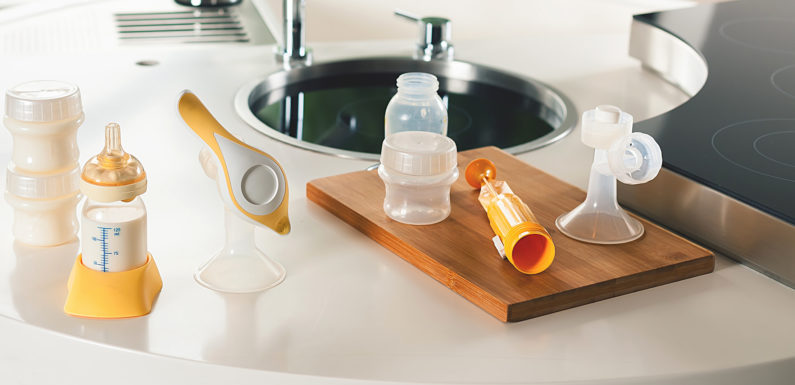
Similar to lactation, pumping appears to be a straightforward concept. In actuality, however, it is frequently much more challenging than the idealised depictions of pumping that you may envision. Not always is it as simple as connecting up the pump and waiting for the machine to deplete your breasts of their liquid gold. There are a number of pumping errors that are far too simple to make that could be influencing your milk supply. Once you’ve determined what’s causing your supply to diminish, they’re just as simple to fix.
You are Not Utilising the Proper Pump
Having the proper pump will make a substantial difference in the amount of breast milk you are able to express. If you are using a manual or low-quality electric breast pump, you may be unable to keep up with your supply. Investing in a reliable brand such as Baby Express or a hospital-grade pump (or determining whether your health insurance covers one) will substantially affect the time and effort required to pump a substantial quantity and maintain your supply.
You Don’t Pump Long Enough
Obviously, precise timings will differ from mother to mother. Still, if you have a fast, well-established let-down, your pumping sessions should last between 15 and 30 minutes. This will also depend on the type of pump and whether or not you pump both sides simultaneously. Anything shorter won’t allow you to express as much milk as you need to maintain your milk supply, particularly if you exclusively pump.
You are Skipping Your Pumping Sessions
The key to maintaining your supply while pumping is to adhere to a set schedule. If you are alternating between lactating and pumping, you may be able to forgo a pumping session here and there. However, when exclusively pumping, it is crucial to adhere to the same pumping periods in order to prevent a decrease in supply. However, as your infant develops, their feedings will become increasingly spaced apart, so postponing a session is an excellent way to do so if you need to adapt.
You Need to Drink More Water
Although you don’t need to drink excessive amounts of water, you may feel dehydrated while pumping, which is a common occurrence. Consuming more water is the solution to this issue, and it is as straightforward as carrying a water bottle or grabbing a glass of water before starting to pump.
You Have No Assistance
No mother is an island, and without the appropriate support, it is very difficult to maintain a consistent pumping schedule, which can reduce the quantity of breast milk you can express. Whether it’s a discussion with your employer about scheduling pumping time or asking your partner, mother, or friend to help out with the infant while you pump, you shouldn’t have to go it alone, and those closest to you should be more than willing to accommodate you.

